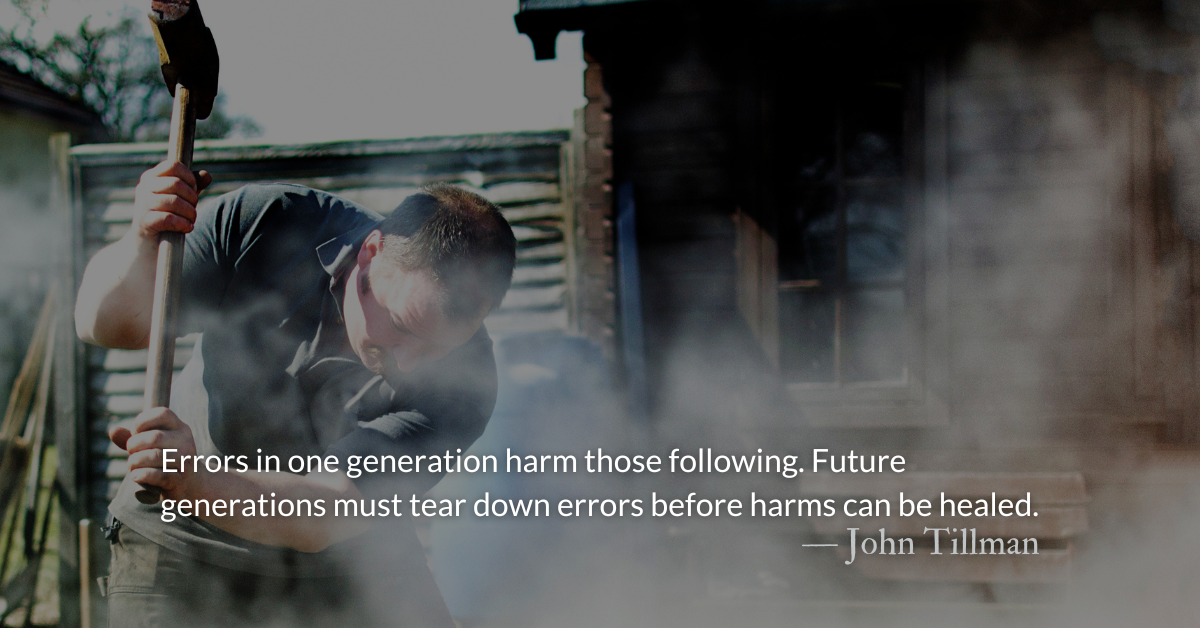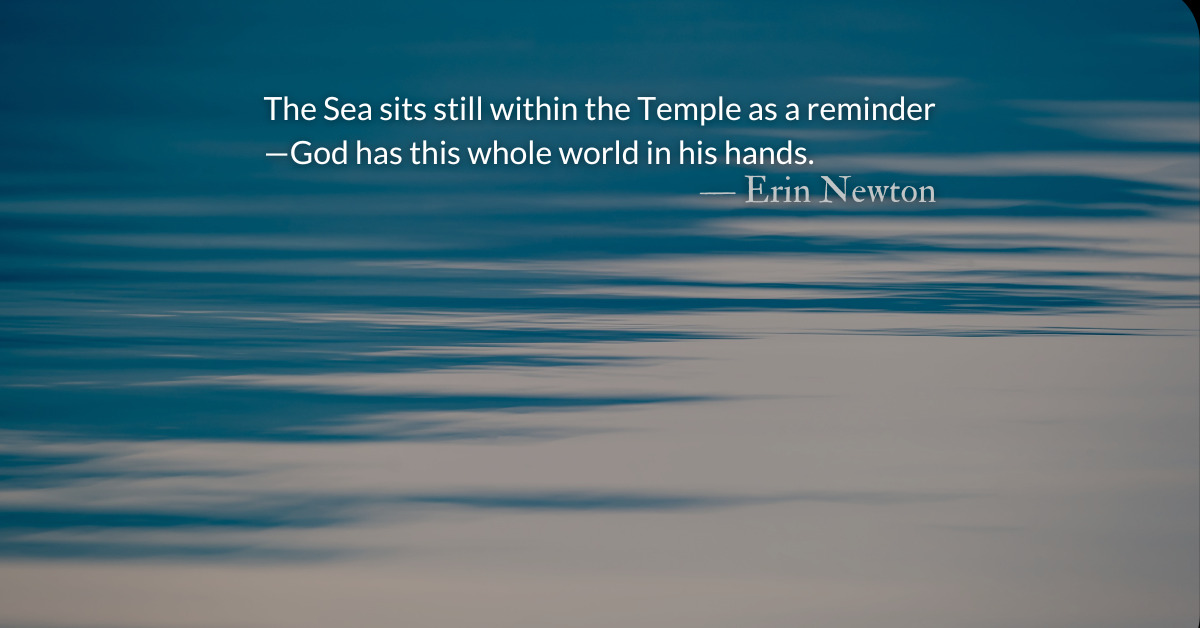Scripture Focus: 1 Kings 22:30, 34
30 The king of Israel said to Jehoshaphat, “I will enter the battle in disguise, but you wear your royal robes.” So the king of Israel disguised himself and went into battle.
34 But someone drew his bow at random and hit the king of Israel between the sections of his armor. The king told his chariot driver, “Wheel around and get me out of the fighting. I’ve been wounded.”
Reflection: The Weakness in Evil’s Armor
By Erin Newton
No evil act can thwart the providence of God. No person can go unnoticed by the ever-watchful eye of our Lord. Nobody hides from an omnipresent deity.
Ahab ruled over God’s people with an oppressive hand. Confident in his power, he ignored the prophet’s threat and wore a disguise to battle. He tried to control the situation and force a favorable outcome. Then by chance—no, by God’s providence—a stray arrow pierced the king and he died.
Evil leaders seem indestructible. They promote themselves as indestructible. Ahab certainly fit the profile. He was corrupt, deceitful, proud, and merciless. He would rather harm befall his peers. He tried to place the target on his comrade, the king of Judah.
The king shielded his weakness with armor, assuming the protection would be as impenetrable as dragon scales. But even iron-clad monsters are not invincible.
The Hobbit tells a story of Smaug, a dragon who set out to destroy the people of Dale. Cocky and boastful of his armored hide, Smaug taunts the people, “My armor is like ten-fold shields, my teeth are swords, my claws spears…” This prideful spirit is just like Ahab. But a weakness in the armor of king and dragon will be found.
In each story, a single arrow strikes in the smallest gap of the armor. The miraculous “once in a lifetime” shot is an arrow finding its target. For our story, it is an arrow guided by the almighty hand of God. The undefeated Creator of the world can bring down evil leaders with a slender stick and random human efforts.
Such is the providence of God. Scheming evil leaders assume they have power to hide themselves, control the circumstances, and escape judgment. The story of Ahab reminds us of the omnipotence of our God.
But some aspects of his providence are difficult to understand. What about all the prophets harmed by Ahab’s rule and Jezebel’s rage? Why could not that arrow have flown years earlier?
We simply do not know. And this leads us to the place in our faith that we must hold in tension: God’s sovereign rule and the continuance of evil. We know God despises evil and grieves such atrocities. We fill our hearts with pleas for justice and intercession for the weak.
Rest assured, no one escapes the will of God. Not even leaders who think they can hide.
Divine Hours Prayer: The Greeting
Who is like you, Lord God of hosts? O mighty Lord, your faithfulness is all around you.
Righteousness and justice are the foundations of your throne; love and truth go before your face. — Psalm 89.8
– From The Divine Hours: Prayers for Summertime by Phyllis Tickle.
Today’s Readings
1 Kings 22 (Listen 7:51)
Psalms 44 (Listen 2:44)
Read more about Kings Like Ahab
Ahab gets the most ink in Kings. He’s unquestionably wicked, yet God used and spoke to him frequently. Why?
Read more about Evil, Judgment, or Discipline?
Sometimes bad things happen as part of God’s judgment…as Johnny Cash sang, “…sooner or later, God’ll cut you down.”











